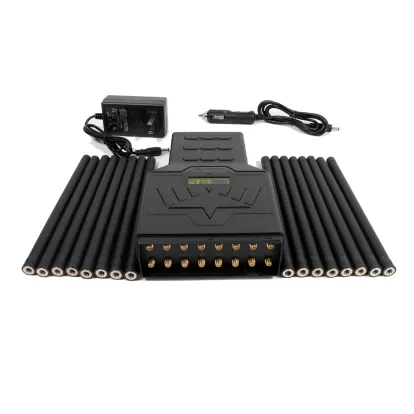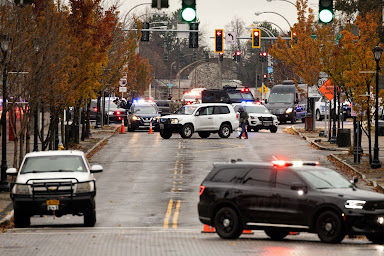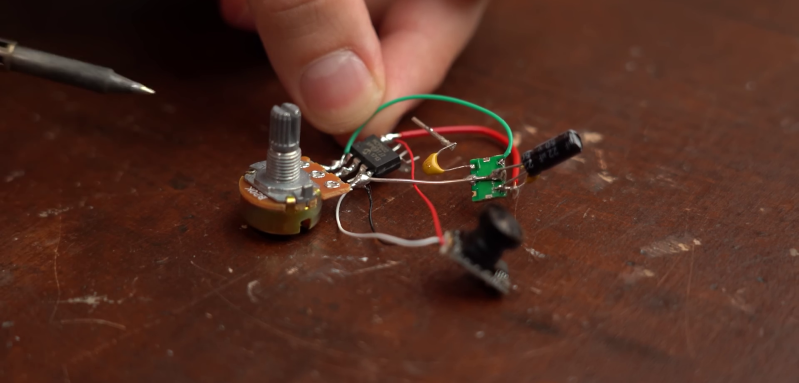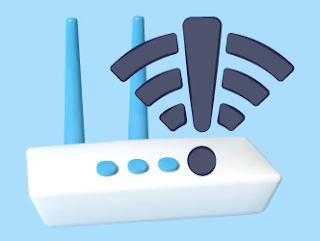The integration of GPS tracking systems has become commonplace in almost all recently produced automobiles. This cutting-edge feature significantly bolsters the security of your vehicle, enabling you to monitor its movements in real-time. Projections indicate that within the next five years, an impressive 98% of vehicles in the United States will be equipped with a GPS tracking system.
Are you looking to acquire your child's inaugural car and considering safety features like GPS tracking? The task of car shopping becomes even more intricate when it comes to purchasing your teenager's first vehicle. After all, you are placing your precious child on the road.
In my viewpoint, GPS tracking is a vital attribute for every car. When helping my brother choose my niece's initial vehicle, I made sure he selected one with a built-in GPS tracking system. This provides him with the ability to constantly keep an eye on his beloved daughter.

GPS Tracking In Cars
GPS tracking is a widely recognized term that resonates with everyone, whether it pertains to their mobile phones or their vehicles. The integration of GPS into our daily routines has become second nature.
What Exactly Is GPS Tracking?
GPS, which stands for Global Positioning System, enables the remote monitoring of an object's location. Through the utilization of GPS technology, one can effectively track the longitude, latitude, course of direction, and ground speed of a target.
Gain a deeper understanding of GPS Tracking by referring to WhatIs, a reliable source of information and self-education platform centered around Information Technology (IT).
How Do GPS Tracking Devices Work?
Grasping the inner workings of GPS holds equal importance to comprehending its nature. National Geographic states that GPS functions through a constellation comprising 24 satellites, which orbit the Earth in a precise manner.
Satellite signals are received by GPS receivers on Earth, including devices like phones and cars, at all times. By measuring the time it takes for a signal to reach the receiver from at least three satellites, the GPS receiver is able to determine its precise location. This method is commonly known as trilateration.
Do All New Cars Have GPS Tracking Devices?
As per The Zebra, an insurance company, there are approximately 78 million cars in the United States that are equipped with an integrated GPS tracking system. It is estimated that within the next five years, nearly 98% of cars in the country will have GPS trackers installed. However, it is crucial to mention that the use of GPS trackers in vehicles is not obligatory by law in the United States.
According to Transfinder, a prominent logistics software company, the advent of GPS navigation for personal vehicles occurred in 2001. Therefore, it is reasonable to assume that any vehicle manufactured before this year may not possess built-in GPS navigation. Renowned car manufacturers like Nissan, Hyundai, and Ford offer factory-installed GPS navigation systems.
What Is The Best Place To Hide GPS In Your Car?
If the car you’re getting for your child doesn’t have a GPS built-in and you’re opting you get one for them, then you need to know the best place to install the GPS device. Here are the best places to hide a GPS device in your teen’s car:
- The undercarriage of a car offers a strategic hiding spot for a GPS tracking device. This is because the majority of GPS devices come equipped with a magnetic mount, enabling a secure placement on the metallic surface of the vehicle. I have previously provided assistance to a friend in installing a GPS using this approach.
- Opting for the front or rear bumper of your teenager's car as the installation site, The Bumper presents itself as an excellent choice for a GPS device. Although removing the bumper is a possibility, it is often feasible to securely attach the GPS to the car's bumper using velcro.
- The dashboard provides a concealed space for installing a GPS device, specifically beneath the steering wheel. Although the installation process may be complex, this hidden position offers protection against potential theft or meddling by individuals such as robbers or curious teenagers, similar to my niece.
How To Find Hidden GPS Device On Your Car?
While GPS navigation serves the purpose of safeguarding you, your teenager, and your vehicle, it can also be exploited by criminals to monitor the whereabouts of your or your teenager's car. To determine the regulations in your state regarding the installation of a tracker on your vehicle, you may refer to the National Conference of State Legislatures.
Generally, though, it’s illegal in the U.S. for someone to install a tracker on someone else’s vehicle without their consent. If you have suspicions about someone tracking your vehicle, here’s how to find a hidden GPS device in your car:
- In order to successfully locate a GPS device, it is essential to conduct a thorough inspection of your car's interior and exterior. Be sure to meticulously check areas such as the undercarriage, dashboard, inside the bumpers, and even under the hood. It is important to note that these specific areas are commonly chosen by criminals as hiding spots for GPS devices.
- If you wish to bypass the hassle of conducting a physical inspection, utilizing a GPS detector is highly recommended. An insightful article by GPS Tracker Shop provides a comprehensive explanation of what a GPS scanner is and how it functions. This efficient tool can quickly locate GPS devices, even if they were overlooked during a physical inspection.
- To conduct a meticulous search, it is advisable to engage the services of a professional mechanic who can effectively uncover any hidden GPS devices in your car.
Can Remove Or Block GPS Tracking On A New Car?
In the event that you discover a concealed GPS tracker in your vehicle or your teenager's vehicle, it can be eliminated. However, if your car is equipped with an integrated GPS system, removing it will not be possible. Nevertheless, you can make use of a GPS blocker to obstruct GPS signals. Explore the variety of GPS jammers offered at the signal jammers Store.
Ceasing the functioning of the GPS device can be achieved by removing its battery as an alternative solution. Should this approach fail, it is advisable to bring your car to a professional mechanic who can assist you in removing it.























